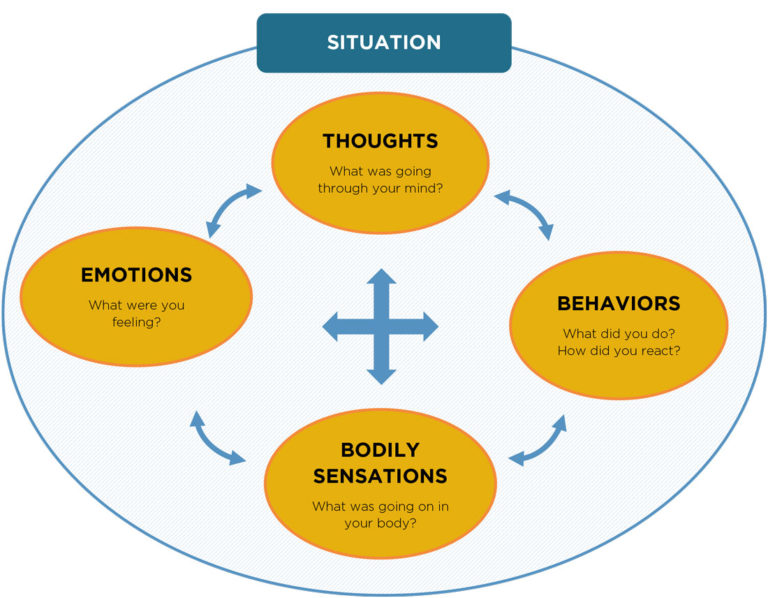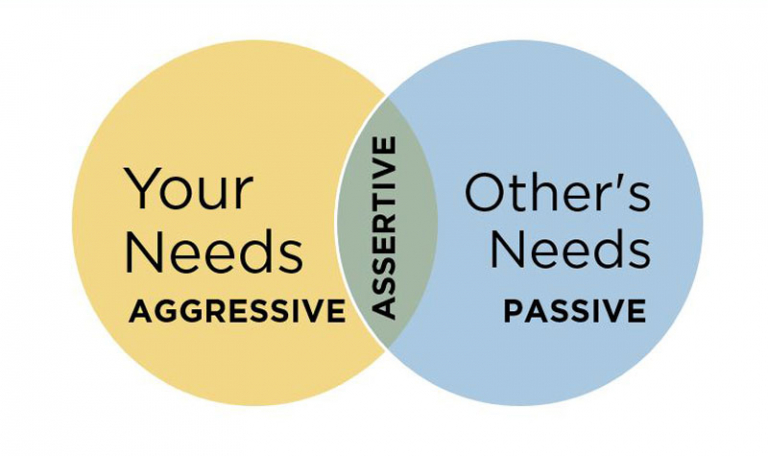CBT Treatment for Mood and Anxiety Disorders
We’re not a “one size fits all” program. Each adult client is assigned to one of four specialized recovery communities and a “core group” within that community. Each core group is a primary support system of 10 to 15 clients with similar diagnoses and is led by a specialized counselor. Each client also receives individualized, one-on-one support from a primary counselor and psychiatrist who focus specifically on clients in that recovery community. Clients may transition from one recovery community to another based on goals, clinical presentation, and achievement. Cognitive Behavioral Therapy, or CBT, is one of our recovery communities.
CBT connects thoughts, behaviors, and feelings
Cognitive Behavioral Therapy (CBT) is a well-tested specialized type of psychotherapy shown to be effective for certain types of psychiatric illnesses. CBT suggests that individuals' thoughts, behaviors, and feelings are inextricably linked and affect one another.

CBT teaches skills to change distorted negative thinking
CBT clients learn to identify cognitive distortions and faulty thinking, restructure negative thought patterns, and identify cues and triggers. Skills-building is focused on addressing behavioral patterns that impact mood by practicing healthy routines that support positive mood and physical health.
Learning to use assertive communication skills instead of relying on aggressive or passive-aggressive communications also helps clients better communicate their needs in personal and professional relationships.

CBT helps prevent and manage mood episodes
Ultimately, clients learning CBT develop skills to prevent mood problems, intrusive thoughts, and problematic behaviors from diminishing their quality of life. Graduates of the CBT recovery community at Skyland Trail have a toolbox of strategies to keep them healthy. They are better able to recognize unhealthy thoughts and behaviors early and successfully change them before they impact mood.
Skyland Trail CBT treatment team experts receive ongoing training in CBT, including training from the Beck Institute.
